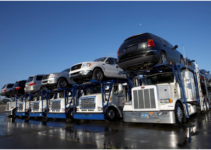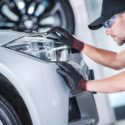After years of budget-squeezing and waiting, you finally have your first car! And let me guess – you want it to last a lifetime.
Granny-driving will save your car from scratches and unwanted dents, but is it enough? Will the rainwater keep your vehicle clean forever? Are you doing your best to save your car from deteriorating?
As a first-time car owner, you should be aware of the right ways to extend the life of your car. Here they are:
Page Contents
Read the Manual

source:kiacountryofcharleston.com
You`re a first-time car owner, and this officially makes you a rookie – you have a lot to learn. The best way to speed up the learning process is to read the owner’s manual. It’s made for you, the owner, and it’s made especially for the first-time car-owners.
What’s in the Owner`s manual?
Cars aren’t just wheels, metal, and a steering wheel. There are a lot of moving components that make your travel fast and comfortable. The digital transformation of the automotive industry has begun, and you need to catch up.
- Your car owner`s manual will tell you where the operating controls are.
- Engine oil specifications.
- Maintenance schedules.
Preventive Maintenance
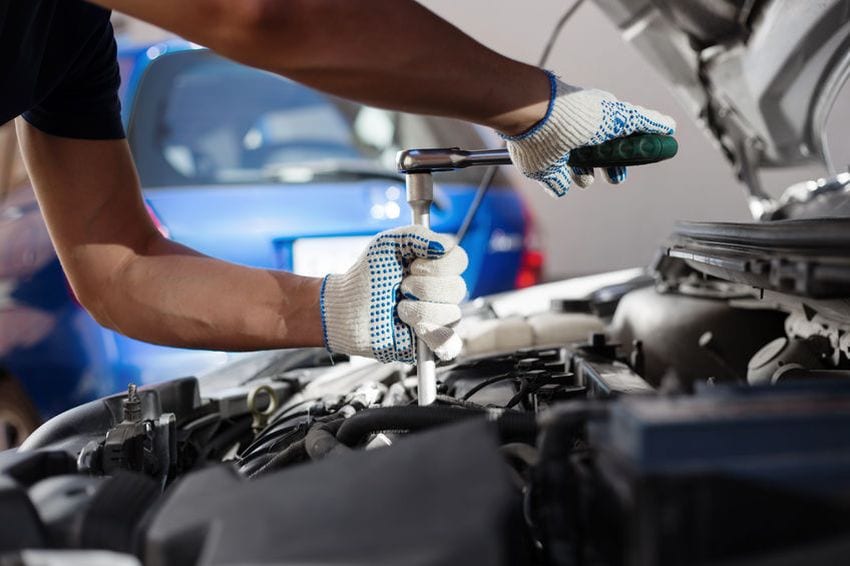
source:theautowarehouse.com
“Prevention is better than cure. “
It will prolong the life of your vehicle. Even when everything seems alright with your car, do a regular check-up.
That can be your job, or you can hand over responsibility to your mechanic.
- Check your car’s fluids regularly. After reading the manual, you should know when and how to check your car’s oil and fuel. The manual will also indicate what type of fuel your car manufacturer says you should use.
Preventive maintenance can be done by you regularly, depending on how often you travel.
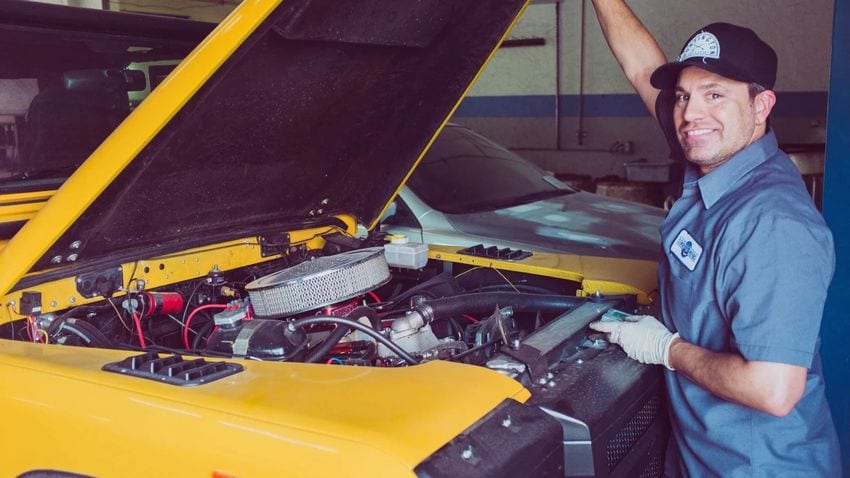
source:lifehacker.com
- You should check regularly your tires’ pressure. That can quickly be done by purchasing a pressure gauge at your local hardware store. There are portable pressure gauges you can buy at a meager price too.
- Rotate and balance your tires. Have them aligned. After some wear and tear that would deem your tires unsafe for the road, you should change them. Your tires’ treads will wear after constant usage. This can take up to 2-4 years, depending on how often you use your car. Buying a new set of tires is usually expensive. Luckily, there are discount tires out there you can get from trusted suppliers. Click here to see options.
- Always check if your lights are working. It has to be your daily habit too, not only a part of your preventive maintenance procedure. It will lessen the risk of accidents on the road and keep you away from patrol officers.
- Don’t forget to check an alternator belt. It should also be replaced at a specific mileage (indicated in the manual).
Wash Your Car Regularly
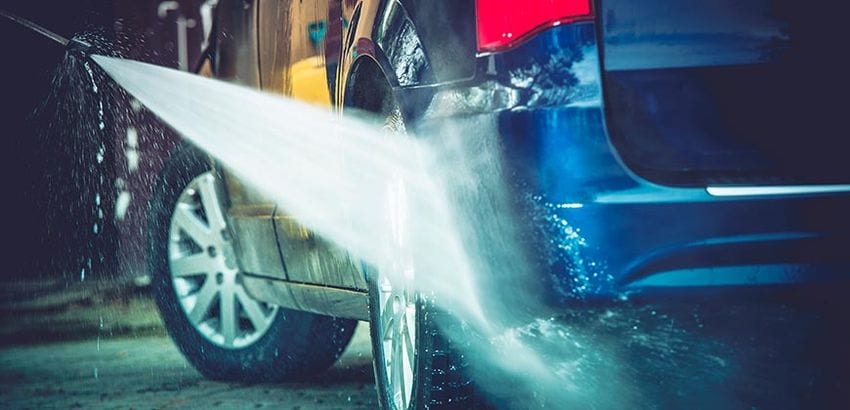
source:daviscarcare.com
At first glance, it may seem that washing one’s car is for visual purposes only, but no, dust and dirt can be hazardous to your car’s health. A dirty car brings risk.
Dust and dirt accumulate in the interior and on the exterior of your car as you travel. That can damage your car paint. It can also trap heat under the hood, which may not cause any severe damage, but it may decrease the performance of your car in the long run.
Salt is applied to icy roads during the cold seasons. It is done to prevent ice forming as it lowers the freezing point of a liquid. Now, did you know that salt can cause rusting? That is also one reason why you should have your car washed regularly.
It’s not just salt, but there are other things out there that can cause damage to your car, such as oil, fuel, abrasives, and even moisture.
You shouldn’t wash your car just for the sake of keeping it clean but also to prevent health issues. Regular washing will get rid of illness-causing germs and bacteria inside your car.
Protect Your Car
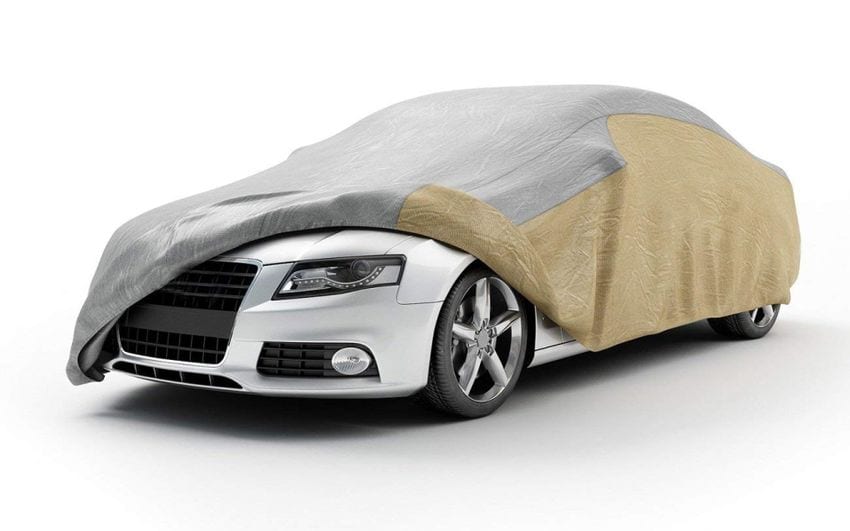
source:thesun.co.uk
Treat it like a baby!
There are several accessories out there that you can use to keep your car protected from exterior damage.
Get a car cover. That is essential, especially when you keep your car outdoors all the time. If you park your car outside while you work in the office for 8 hours, you should consider getting a car cover. It will shield your vehicle from dust, dirt, and flying debris.
Seat covers! Keep that leather shiny and clean. During trips to nature, there`s a possibility that you and your passengers bring in specks such as dust, soil, sand, animal excrement, and so on.
Keep it in Use
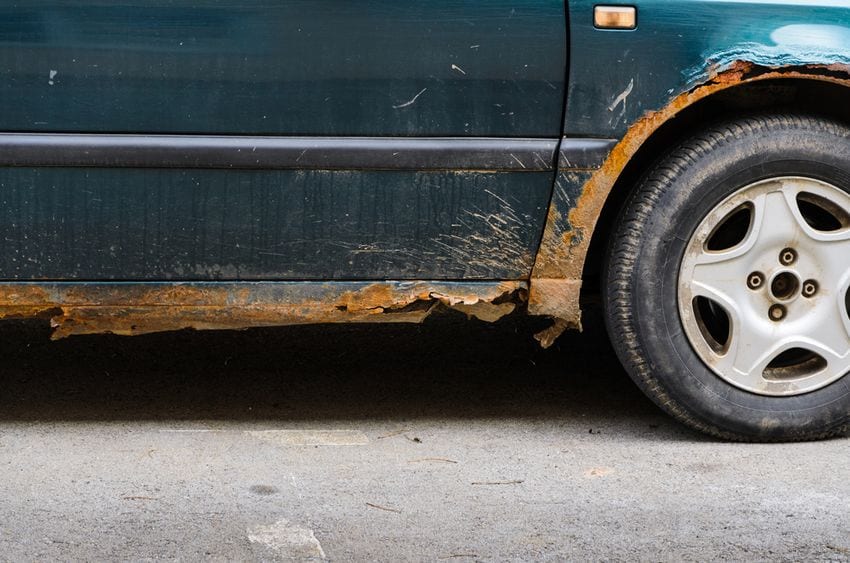
source:ridetime.ca
Your car loves your attention and without it, it can sulk wherever you leave it alone.
When you don’t use your car for weeks or months, things happen inside of it that you don’t know about.
Can you imagine rats chewing up the wirings inside your car? It’s possible!
Dust is everywhere. It’s naturally occurring, and there isn’t a lot you can do to avoid it. Maybe after a week or two without using your car, you’d be discovering a grayish version of it.
Rust can also occur when you’re not using your car, especially inside the fuel tank, when it’s not full. That is because the space in your container can cause condensation, which could eventually lead to rusting. If you’re planning to store your car in the garage for some time, make sure it’s got a full tank.
It takes practice
Owning a car for the first time is a big responsibility considering the investment you’ve made and the future ones too. There will be some expenses, repairs, and maintenance here and there. That is where the art of properly taking care of your car comes in. Save more time and money by doing things right.


